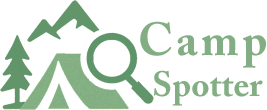BWCA camp Introduce
For Minnesotans with a deep appreciation for the unspoiled wild, the Boundary Waters Canoe Area Wilderness (BWCAW) is more than just a destination; it's a cherished natural treasure. When one refers to "BWCA camp" near Winton, Minnesota, they are typically referring to the experience of camping within this vast, protected wilderness area itself, rather than a single, named, developed campground like those found in state parks or national forests. The BWCAW spans over one million acres in the northern third of the Superior National Forest, offering an unparalleled opportunity for true primitive, backcountry camping. This article will delve into what it means to experience a "BWCA camp" from the perspective of a local user, outlining the unique aspects of its location, the "services" inherent in a wilderness setting, its defining features, and why it remains an iconic and suitable choice for Minnesotans seeking an authentic and challenging connection with nature.
Unlike conventional campgrounds with amenities and vehicle access, a "BWCA camp" is one of over 2,000 designated campsites scattered across the wilderness's 1,175 lakes and 1,200 miles of canoe routes. These sites are only accessible by paddle or foot, upholding the wilderness character established by legislation in 1964 and 1978. The very essence of a BWCA camp is its remoteness, its solitude, and the self-reliance it demands. Visitors do not find showers, electric hookups, or trash bins; instead, they discover a pristine environment where human impact is minimized, and the sounds of loons, rustling leaves, and crackling campfires dominate. For Minnesotans, embracing a BWCA camp means stepping away from the everyday hustle and embracing a genuine "off-grid" experience. It's about paddling across mirrored lakes, portaging canoes over rugged trails, and finding a designated campsite where your group can truly immerse itself in one of the largest contiguous areas of uncut forest remaining in the eastern United States.
A "BWCA camp" refers to any of the numerous designated campsites within the Boundary Waters Canoe Area Wilderness (BWCAW). The given address, X77R+QQ, Winton, MN 55731, USA, is a geographical code (a plus code) indicating a specific point within or very near the wilderness area, rather than a specific campground name. Winton, Minnesota, is a small community located just east of Ely, Minnesota, and serves as one of the many entry points or access points to the BWCAW.
Accessibility to a BWCA camp is strictly by non-motorized means once inside the wilderness boundary. Most commonly, this involves canoeing and portaging across a network of lakes and rivers. Some campsites may also be accessible via designated hiking trails. To access any BWCA camp, visitors must first obtain a permit, especially for overnight trips between May 1 and September 30. These permits are issued for specific entry points, which are typically found at various access points around the perimeter of the BWCAW, managed by the U.S. Forest Service. Examples of nearby entry points from the Winton/Ely area include Fall Lake (Entry Point #24), Moose Lake (Entry Point #25), and Lake One (Entry Point #30). From these entry points, adventurers paddle or hike into the wilderness to find a designated campsite. The experience is one of remote accessibility, where the journey itself, often involving paddling and portaging, is an integral part of reaching your "camp." There are no roads leading directly to these campsites, ensuring an untouched wilderness experience. Outfitters in Ely and Winton provide services to assist with gear, canoes, and route planning for those embarking on a BWCA trip.
Within the Boundary Waters Canoe Area Wilderness (BWCAW), the concept of "services" is defined by the wilderness ethic of minimal human intervention. Unlike developed campgrounds, a BWCA camp offers only the most basic, essential provisions for wilderness survival and leave-no-trace camping. There are no paid services, electricity, running water, or trash disposal within the wilderness itself.
Designated Campsite: Each BWCA camp is a pre-determined, marked location intended for camping. This helps to concentrate human impact and protect the surrounding environment. These sites are first-come, first-served within your chosen entry point and permit.
Fire Grate: Every designated campsite is equipped with a steel fire grate. This provides a safe and designated area for building campfires, crucial for cooking and warmth, while minimizing the risk of wildfires. It is essential to check for fire restrictions or bans before and during your trip.
Wilderness Latrine: Each campsite features a wilderness latrine, typically an open-air pit toilet, located a short distance from the main camping area. This is the only designated facility for human waste disposal, emphasizing hygiene and waste management in a sensitive environment.
Access to Natural Water Source: Campsites are almost always located near a lake or river, providing a natural water source. However, this water is untreated and must be filtered, purified, or boiled before consumption to ensure safety.
Permit System: While not a physical "service" at the campsite, the required permit system (managed by the U.S. Forest Service via Recreation.gov) is a critical component of accessing and managing the wilderness. Permits regulate the number of visitors per entry point, ensuring solitude and minimizing overcrowding.
Leave No Trace Principles: Visitors are expected to adhere to strict Leave No Trace principles, which include packing out all trash, minimizing campfire impact, and respecting wildlife. While not a "service" provided to you, it's a "service" you provide to the wilderness and future visitors.
Unparalleled Wilderness Solitude: The BWCAW is renowned for its vastness and the opportunity it provides for profound solitude. With over 2,000 designated campsites, the goal is to allow visitors to feel truly disconnected and immersed in nature, often having entire lakes to themselves.
Pristine Lakes and Waterways: The wilderness boasts 1,175 lakes and over 1,200 miles of interconnected canoe routes. These waters are exceptionally clear and clean, offering superb opportunities for paddling, swimming, and fishing (walleye, northern pike, lake trout are common).
Authentic Canoe Country Experience: The BWCAW is the quintessential "canoe country." The act of paddling, portaging between lakes, and wilderness camping replicates the historical modes of travel, offering a unique physical and mental challenge and a deep connection to the region's heritage.
Abundant Wildlife Viewing: The untouched nature of the BWCAW means a high likelihood of encountering diverse wildlife. Common sightings include moose, black bears, timber wolves (though often heard more than seen), bald eagles, loons, beavers, and various waterfowl.
Stunning Natural Beauty: The landscape is characterized by ancient forests of pine, spruce, and birch, interspersed with exposed rock formations carved by glaciers. The scenic beauty, especially during sunrise and sunset over mirrored lakes, is a major highlight.
Disconnected Experience: With no cell service in most areas and a strong emphasis on self-sufficiency, a BWCA camp forces a complete disconnection from technology and the demands of modern life. This allows for unparalleled relaxation and rejuvenation.
Star-Gazing Opportunities: Far from city lights, the BWCAW offers exceptionally dark skies, providing breathtaking opportunities for stargazing and viewing the Northern Lights on clear nights.
Variety of Trip Options: From short overnight trips to multi-day expeditions, the vast network of lakes and portages allows for endless route planning tailored to various skill levels and desired lengths of stay.
Address: X77R+QQ, Winton, MN 55731, USA (This is a geographical coordinate; direct site address is not applicable for wilderness campsites)
As individual campsites within the BWCAW do not have direct phone numbers, general inquiries and permit information for the Boundary Waters Canoe Area Wilderness should be directed to the managing authority:
Superior National Forest - Kawishiwi Ranger District (responsible for the Ely/Winton area):
Phone: (218) 365-7600
For permit reservations, which are essential for any overnight trip into the BWCAW between May 1 and September 30, please visit Recreation.gov. Self-issued permits are required for all visitors from October 1 - April 30.
For Minnesotans, a "BWCA camp" offers an unparalleled and profoundly suitable outdoor experience that goes beyond typical camping. It represents the pinnacle of wilderness immersion, right in their own backyard. The BWCAW is not just a destination; it's a defining feature of Minnesota's natural identity, and experiencing a camp within its boundaries is a rite of passage for many.
What makes it uniquely suitable for locals is the opportunity it provides for deep connection with nature and self-reliance. While it demands preparation and a willingness to embrace primitive conditions – no electricity, no running water, and only basic facilities – these very challenges are what cultivate a sense of accomplishment and a profound appreciation for the natural world. Many Minnesotans already possess a basic understanding of outdoor living and cold-weather preparedness, making the transition to BWCA camping more intuitive. The vastness of the wilderness ensures solitude, allowing families and groups to truly disconnect from urban stresses and bond amidst pristine lakes and ancient forests.
Furthermore, the BWCAW provides endless opportunities for activities deeply rooted in Minnesota's heritage: canoeing across interconnected lakes, portaging through dense woods, fishing for native species, and observing iconic wildlife like loons and moose. For locals, accessing the BWCA via entry points near towns like Winton and Ely is a familiar journey, often supported by local outfitters who understand the nuances of the wilderness. This makes planning and executing a BWCA trip manageable, even for those with moderate experience. Ultimately, a BWCA camp offers Minnesotans a chance to truly live the "Northwoods" ethos – a chance to find peace, challenge themselves, and create lasting memories in one of the most magnificent and untouched wilderness areas in the United States. It's not just a trip; it's an essential part of the Minnesota outdoor experience.
Alternative Option
BWCA camp Details
Parking
- On-site parking
BWCA camp Photos
BWCA camp Location
BWCA camp Reviews
- July 02 · Dianne Andrews
More Camping Near Me
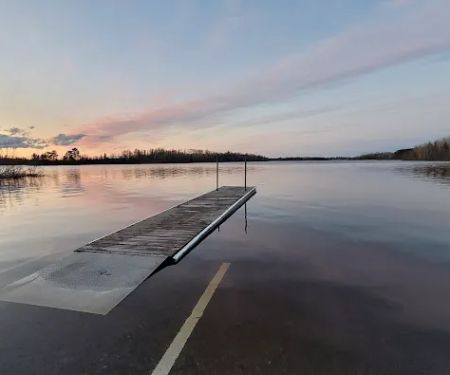 Fall Lake Campground4.0 (193 reviews)
Fall Lake Campground4.0 (193 reviews)Fall Lk Rd, Ely, MN 55731, USA
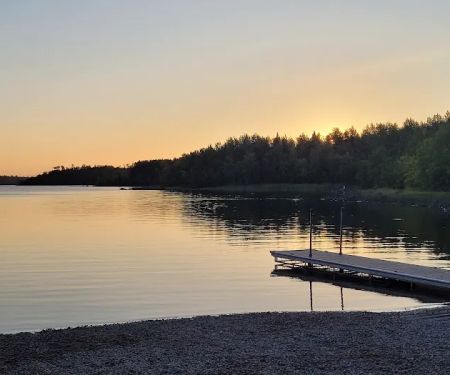 Entry Point 244.0 (61 reviews)
Entry Point 244.0 (61 reviews)Fall Lk Rd, Ely, MN 55731, USA
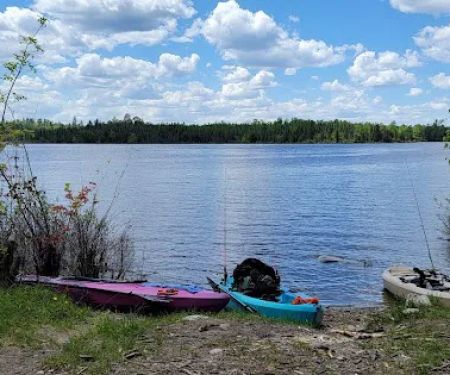 BWCA Campsite #19915.0 (4 reviews)
BWCA Campsite #19915.0 (4 reviews)Newton Lake, Ely, MN 55731, USA
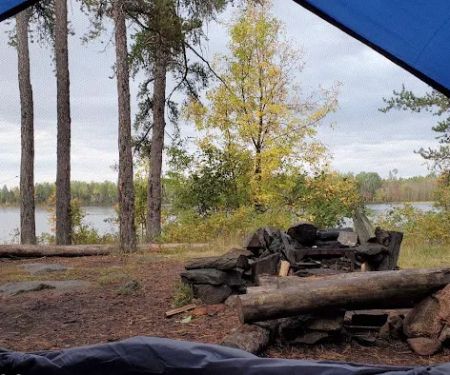 BWCA Campsite #19905.0 (1 reviews)
BWCA Campsite #19905.0 (1 reviews)Ely, MN 55731, USA
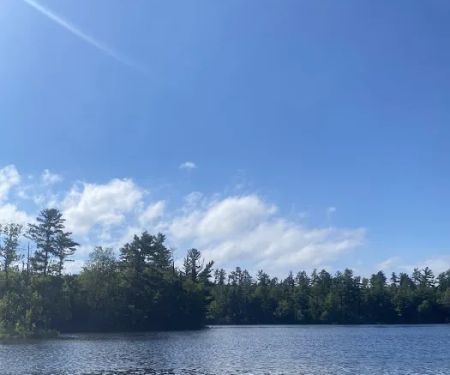 BWCA Campsite #16130.0 (0 reviews)
BWCA Campsite #16130.0 (0 reviews)Ely, MN 55731, USA
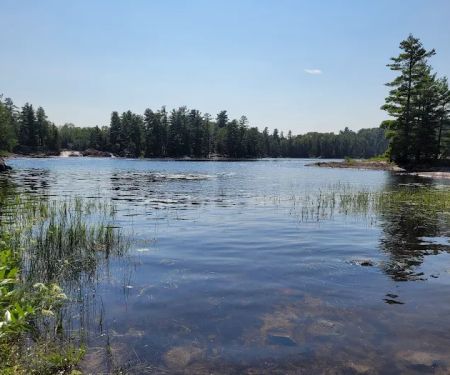 BWCA Campsite #16140.0 (0 reviews)
BWCA Campsite #16140.0 (0 reviews)Ely, MN 55731, USA
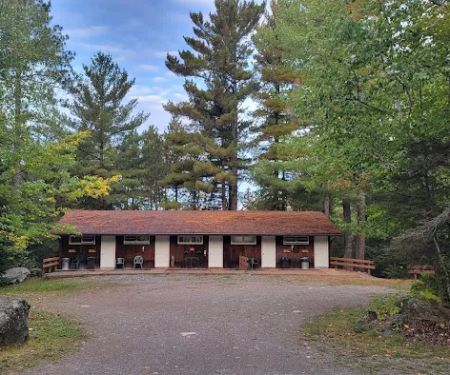 Cliff Wold's Campground4.0 (24 reviews)
Cliff Wold's Campground4.0 (24 reviews)339 Fernberg Rd, Ely, MN 55731, USA
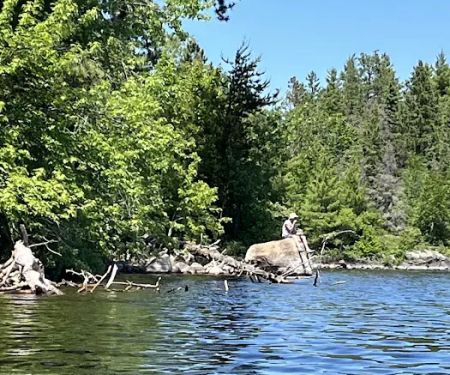 BWCA Campsite #16044.0 (4 reviews)
BWCA Campsite #16044.0 (4 reviews)Ely, MN 55731, USA
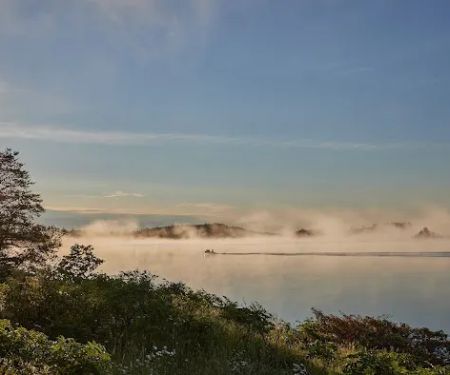 BWCA Campsite #16030.0 (0 reviews)
BWCA Campsite #16030.0 (0 reviews)Ely, MN 55731, USA
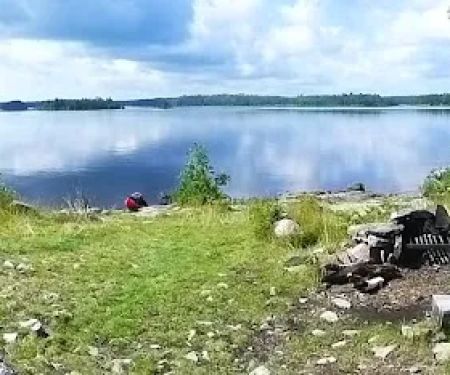 BWCA Campsite #16025.0 (1 reviews)
BWCA Campsite #16025.0 (1 reviews)Ely, MN 55731, USA
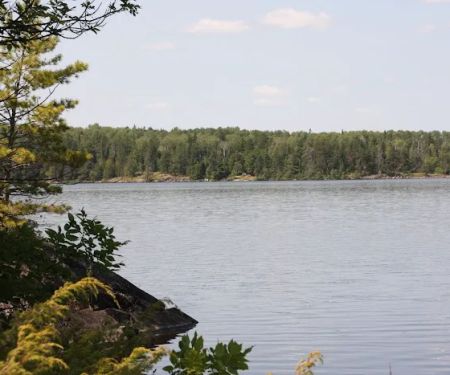 BWCA Campsite #15850.0 (0 reviews)
BWCA Campsite #15850.0 (0 reviews)Ely, MN 55731, USA
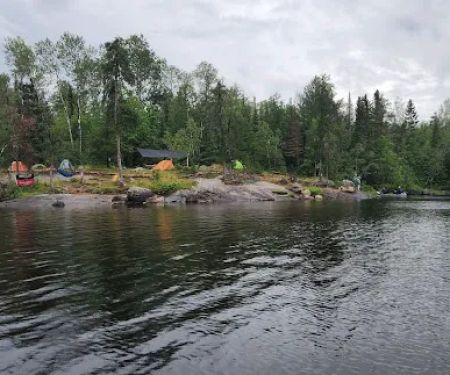 BWCA Campsite #15830.0 (0 reviews)
BWCA Campsite #15830.0 (0 reviews)Ely, MN 55731, USA
Categories
Top Visited Sites
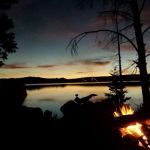 Terrace Point0.0 (0 reviews)
Terrace Point0.0 (0 reviews)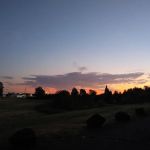 Valley View Mobile Court3.0 (42 reviews)
Valley View Mobile Court3.0 (42 reviews)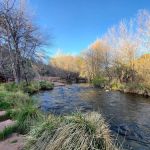 Chavez Crossing4.0 (153 reviews)
Chavez Crossing4.0 (153 reviews)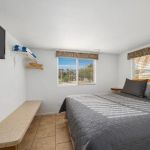 The Springs at Borrego RV Resort & Golf Course4.0 (473 reviews)
The Springs at Borrego RV Resort & Golf Course4.0 (473 reviews) Alligator Point Access4.0 (7 reviews)
Alligator Point Access4.0 (7 reviews)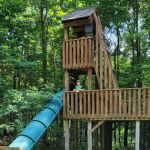 Bray Creek State Forest Campground4.0 (33 reviews)
Bray Creek State Forest Campground4.0 (33 reviews)Top Camping Searches
Trending The Campfire Posts
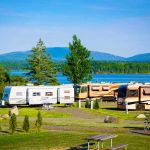 The Most Scenic RV Parks Along the U.S. West Coast
The Most Scenic RV Parks Along the U.S. West Coast The Ultimate Guide to Packing Light for a Camping Trip
The Ultimate Guide to Packing Light for a Camping Trip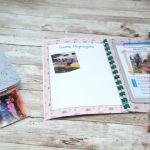 How to Make a Camping Journal or Scrapbook
How to Make a Camping Journal or Scrapbook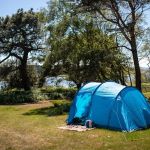 How to Camp Near Waterfalls: Expert Tips and Best U.S. Locations for Nature Lovers
How to Camp Near Waterfalls: Expert Tips and Best U.S. Locations for Nature Lovers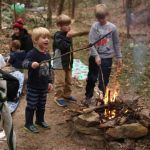 How to Build a Campfire in a Dry Forest | Safe Campfire Building Guide
How to Build a Campfire in a Dry Forest | Safe Campfire Building Guide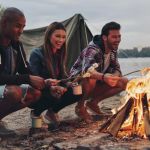 The Benefits of Campfire Meditation and Relaxation
The Benefits of Campfire Meditation and Relaxation